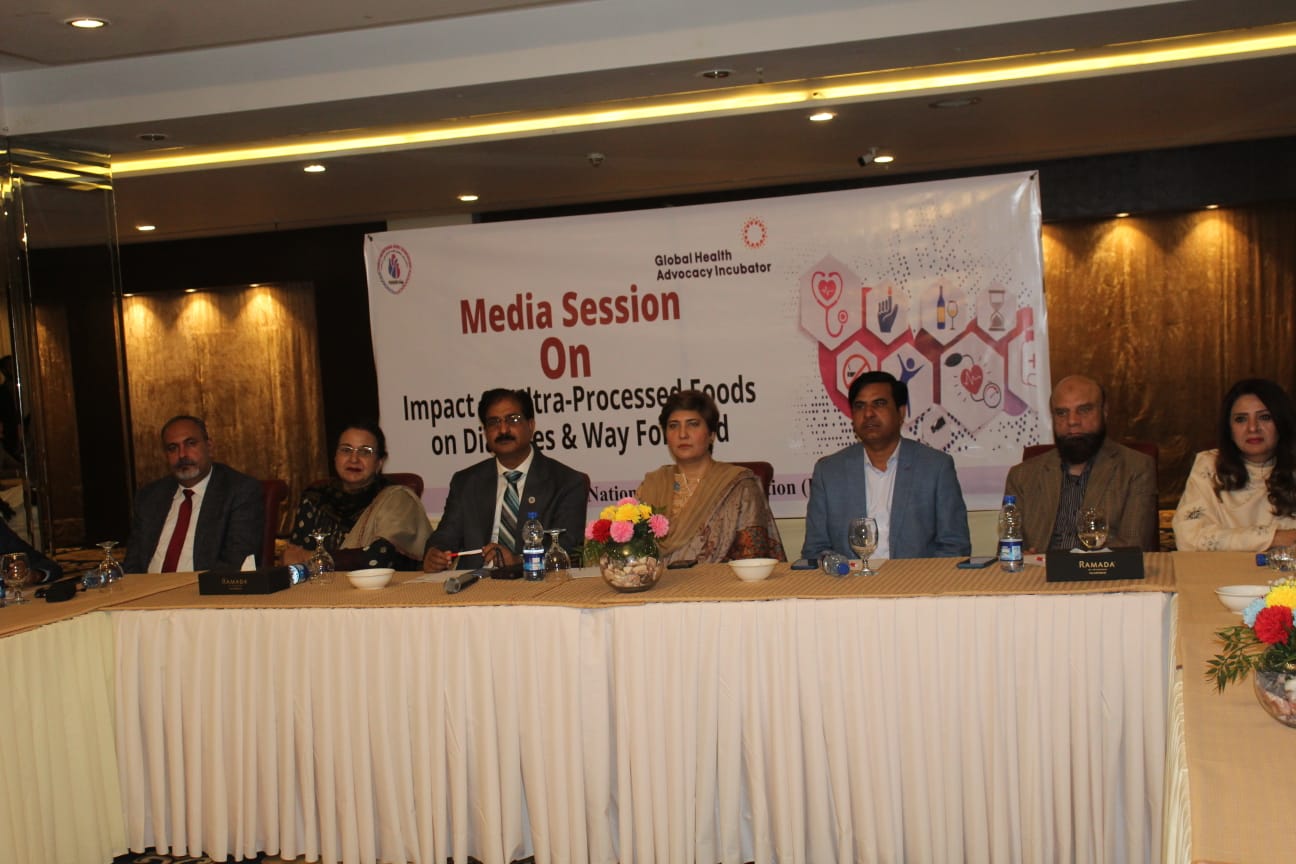Navigating Challenges: Pakistan’s Ongoing Economic Reforms
Pakistan, a nation at the crossroads of South Asia, has been grappling with a series of economic challenges that demand strategic reforms for sustainable growth. In recent years, the government has embarked on a journey to address these challenges, implementing reforms to stabilize the economy and foster long-term development.
One of the primary challenges facing Pakistan has been achieving macroeconomic stability. High inflation rates and a growing fiscal deficit have tested the resilience of the economy. In response, the government has undertaken measures to tighten monetary policy, control inflation, and enhance fiscal discipline to ensure stability.
Pakistan’s escalating public debt has raised concerns about its long-term fiscal health. The government has initiated efforts to restructure its debt and explore sustainable financing options. Balancing the need for investment with fiscal responsibility is a delicate task that requires strategic planning and prudent financial management.
A robust trade and investment environment are vital for economic growth. Pakistan is working towards improving its ease of doing business index, streamlining regulatory processes, and offering incentives to attract foreign direct investment. Special Economic Zones (SEZs) have been established to foster industrial growth and create employment opportunities.
Persistent energy shortages have hampered industrial productivity and economic growth. Recognizing this, the government has focused on energy sector reforms, including investments in alternative energy sources, upgrading the power infrastructure, and addressing circular debt issues. These reforms aim to ensure a stable and consistent energy supply for businesses and households.
Structural reforms are imperative for transforming Pakistan’s economic landscape. The government is working on improving governance, reducing corruption, and enhancing the efficiency of state-owned enterprises. These reforms are crucial for creating an environment conducive to sustainable economic development.
Amid economic challenges, there is a growing emphasis on social safety nets and poverty alleviation programs. The government is working towards implementing targeted initiatives to uplift vulnerable segments of society, ensuring that the benefits of economic growth are distributed more equitably.
Embracing technology and fostering innovation are essential components of economic resilience. Pakistan is investing in digital infrastructure, promoting the tech industry, and encouraging entrepreneurship. These efforts aim to position Pakistan as a competitive player in the global digital economy.
As Pakistan navigates its ongoing economic challenges, the commitment to implementing comprehensive reforms remains a cornerstone of the government’s strategy. From macroeconomic stability to social safety nets, each reform is a crucial piece of the puzzle for building a more robust and resilient economy. The road ahead may be challenging, but with a steadfast commitment to reform, Pakistan is poised to unlock its true economic potential and improve the quality of life for its citizens.
By Dr. Mumraiz Khan


